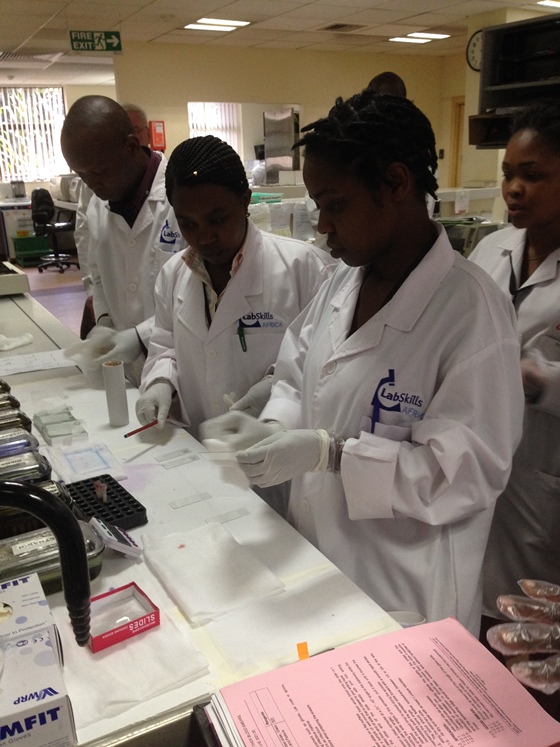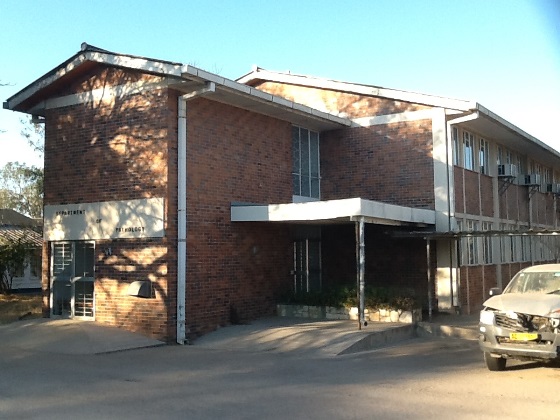Millions of Africans at risk of fatal diseases like malaria, TB and AIDS have been made far safer thanks to the efforts of a scientist from De Montfort University Leicester (DMU).
Peter Chimkupete, senior lecturer in Biomedical Science, was picked to participate in developing the three-year initiative to drive up quality and safety standards at hospital laboratories in five African countries.

Experts estimate that each year misdiagnoses cost the African government millions of dollars and account for many adult and child deaths.
The initiative, called LabSkills Africa, was set up by the Royal College of Pathologists and Mr Chimkupete was chosen to improve Quality standards in the ambitious project.
A team of mentors was put together and, over three years, made visits to 20 African hospitals across five countries: Zimbabwe, Zambia, Tanzania, Kenya and Uganda.
Mr Chimkupete and other mentors visited pathology laboratories, training staff and assessing procedures, trying to find ways to improve safety and quality, while working within the limited resources available to each facility.
Mr Chimkupete said: "The work we were doing was about improving leadership and quality management; and improving the technical skills of the staff at labs.
"Before we started the standards of pathology were lower than they are here in the UK. This is because they have far fewer resources but there were a lot of improvements which could be made in the way procedures were carried out and the communication between hospital departments."
Work was divided between classroom sessions for staff and assessment of different basic procedures like testing for malaria, HIV and TB. Standard procedures were then put in place and systems of working made more efficient.
He said: "We also introduced a blame-free culture to make error-logging more routine. If people are castigated for mistakes, it makes it unlikely they are admitted and logged, which prevents improvements being made."

Participant countries and individual labs were encouraged to come up with improvements which reduced costs to the labs and improved quality and efficiency. They shared good practice and quality control samples between institutions, rather than expensive outsourcing. The programme also put lab managers on a leadership and quality management course to improve management strategy.
As a result, safety standards have now been improved at the 20 laboratories, with one being singled out for its progress on the World Health Organisation rating, raising its safety rating from two stars to three.
Mr Chimkupete said: "That is a real achievement and we have seen similar improvements at all the labs. Now the Royal College wants to extend the programme into Western Africa and again, I will be playing a big role in that.
"It makes me so proud; the staff have become quite ingenious in coming up with solutions to their problems and they have grown in confidence as their procedures and safety standards improve."
Posted on Monday 12 October 2015